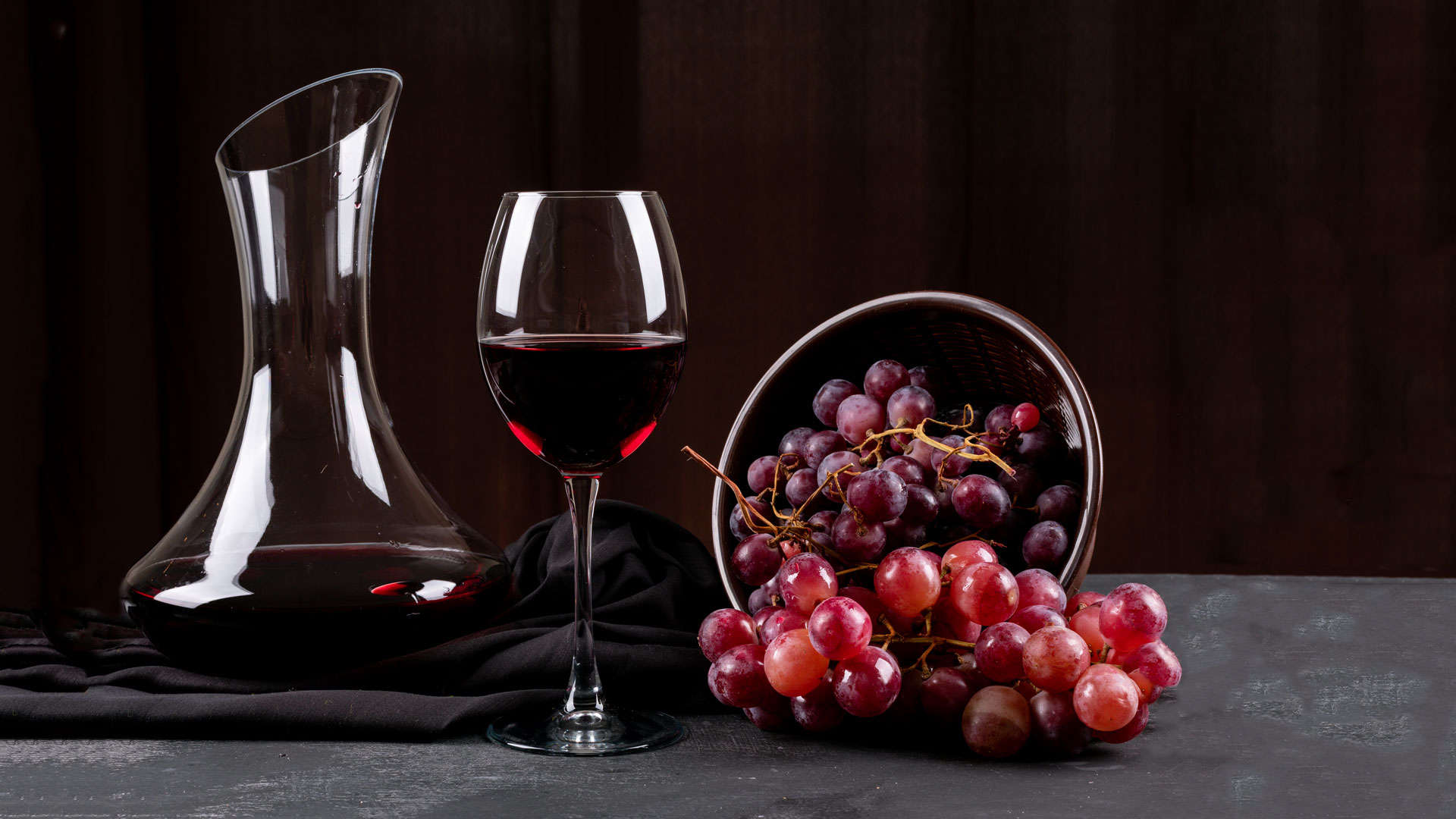Introduction: Red wine
You will find a large selection of excellent red wines in our online store. Our range also includes numerous white wines, rosé wines and sparkling wines. Lovers of high-proof spirits will also find an exquisite selection of digestifs in our store.
If you are looking for a gift, we recommend the various tasting boxes from our gift service, for example, or a gift voucher, which gives the recipient a free choice in our online shop.
The most important facts at a glance
- Red wine currently accounts for around 43% of total wine production worldwide (compared to 49% for white wine). The most widely cultivated grape varieties are Cabernet Sauvignon (290,000 ha), followed by Merlot (267,000 ha) and Tempranillo (232,500 ha). Syrah, Garnacha Tinta and Pinot Noir complete the top six red grape varieties. It is pleasing to note that all six varieties are grape varieties that are not cultivated for the mass production of wines. This is seen as a clear indication that quality awareness is increasing among both consumers and producers.
- In Switzerland, red grape varieties predominate in viticulture. Pinot Noir (also known as Blauburgunder) is in first place, and although it is cultivated in all Swiss wine-growing regions, it finds ideal terroir in Valais and Graubünden in particular. Close on the heels of Pinot Noir are the Gamay and Merlot grape varieties.
- A good glass of red wine is said to achieve what many other things cannot: it creates emotions. Hardly any other drink is said to have such a sensual and romantic effect as red wine.
Origin, provenance and significance of red wines
Probably the oldest pressing plant for wine, and therefore also for red wine, was found near Damascus. It is 8,000 years old. Somewhat younger are finds from Iran and Mesopotamia, which date back to around 5,000 BC.
In ancient times, red wine was not only known and widely used as a drink, but also as a remedy. For example, red wine was prescribed by Hippocrates as a remedy for cardiovascular disorders.
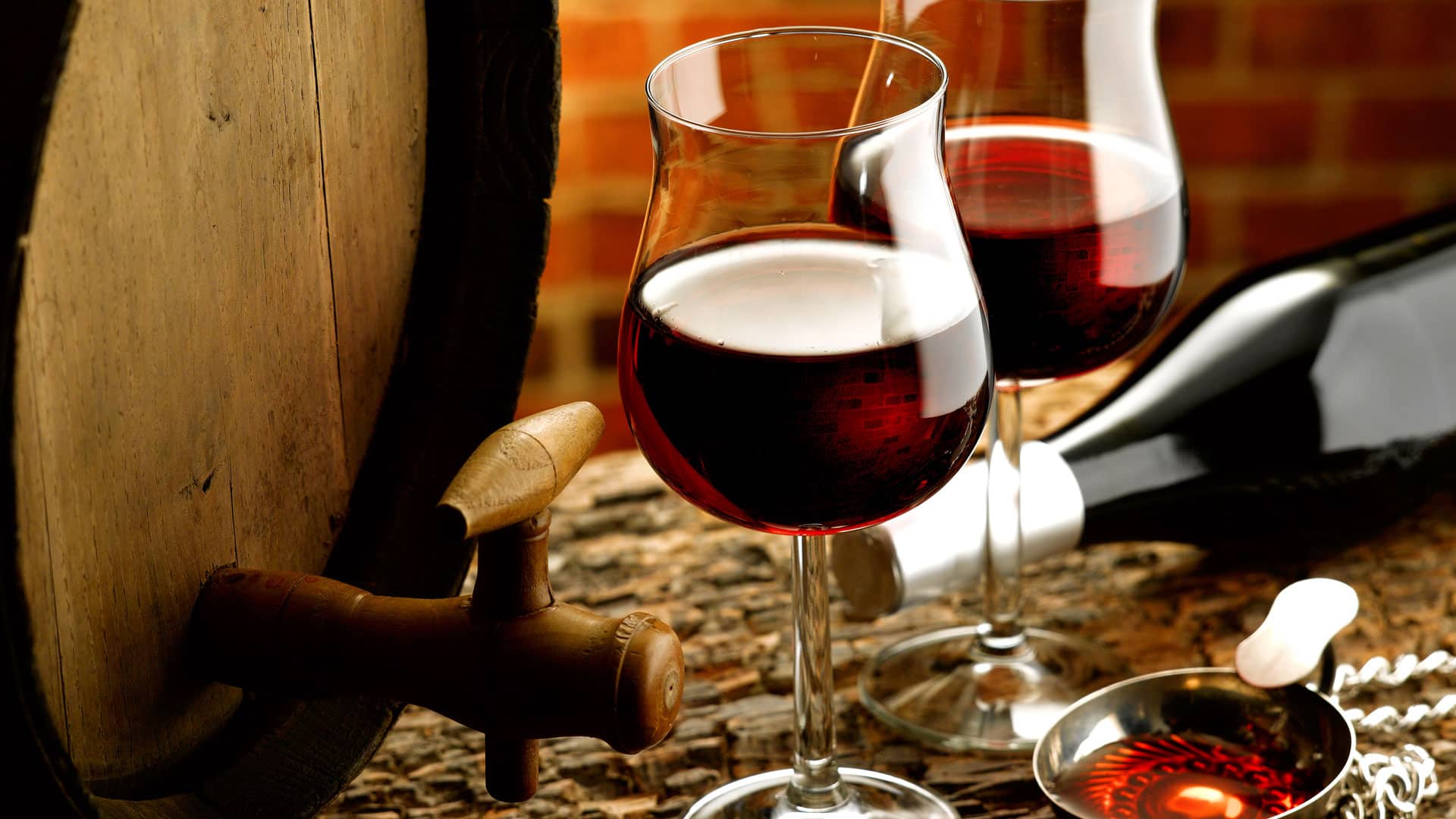
There are also finds in Switzerland that testify to the existence of wine long before our time. Grape seeds from the Neolithic period (3,000 to 1,800 BC) were found during excavations in Saint Blaise on Lake Neuchâtel. However, red wine became widespread in Switzerland with the settlement of the Romans.
The popularity of red wine in Switzerland is unbroken. Every year, around 1.2 million hectoliters of wine are produced from 21 different red wine varieties on 15,000 hectares.
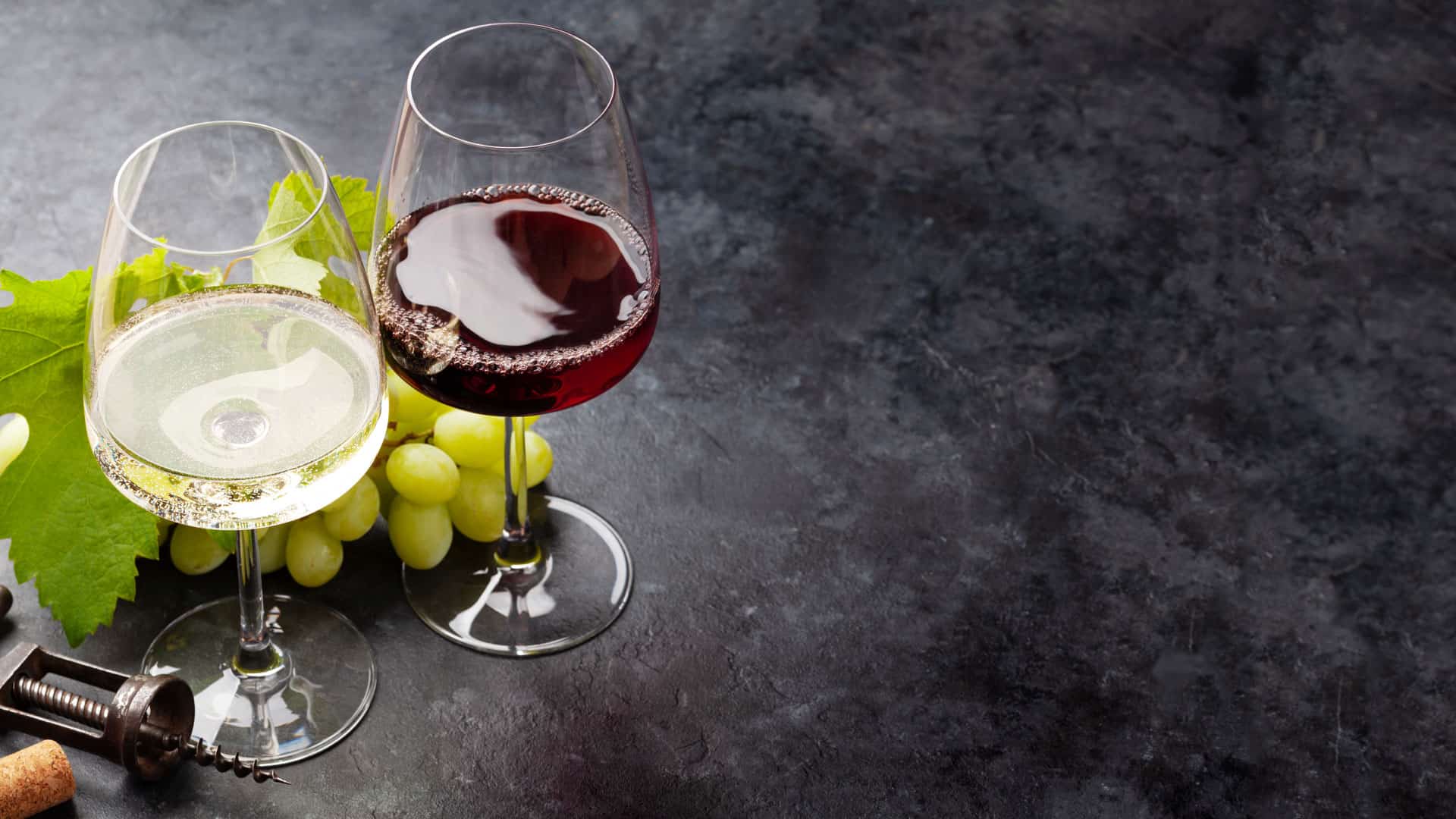
How good are red wines for your health?
As a general rule, red wines, like all other alcoholic beverages, should only be consumed in moderation. Excessive consumption of red wines is permanently detrimental to human health. Despite this, red berries have been proven to contain substances that have a preventative and health-promoting effect on the human body.
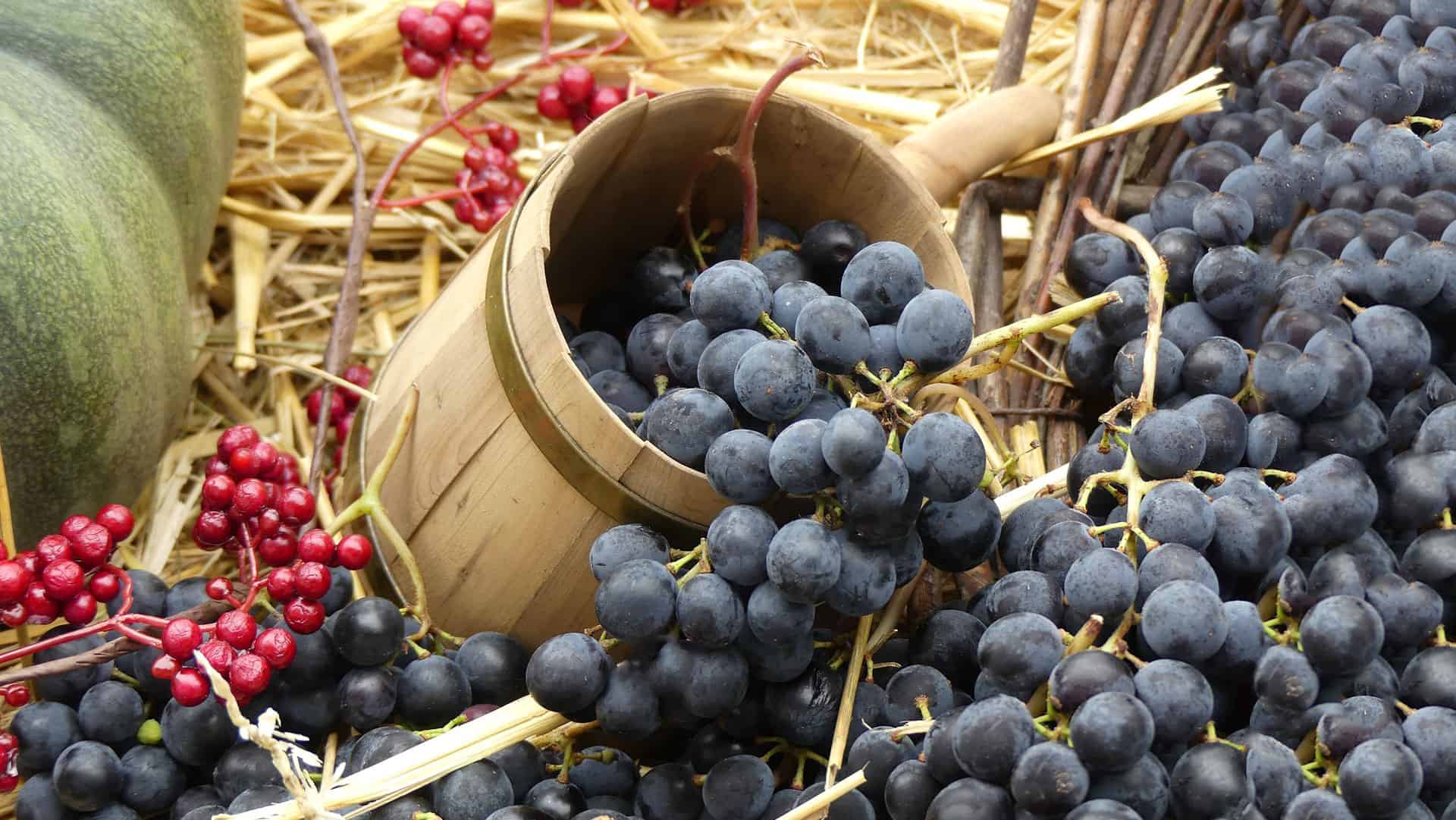
In particular, it is the comparatively high polyphenol content (also known as tannins in the wine world) that reduces the risk of heart attack or stroke, as the so-called resveratrol activates a messenger substance in the body that protects the blood vessels from calcification. In addition, these substances found in the red berries help to prevent cancer, dementia and kidney disease. It is not for nothing that the Latin proverb “In vino veritas” (The truth is in the wine) was changed to “In vino sanitas” (Health is in the wine).
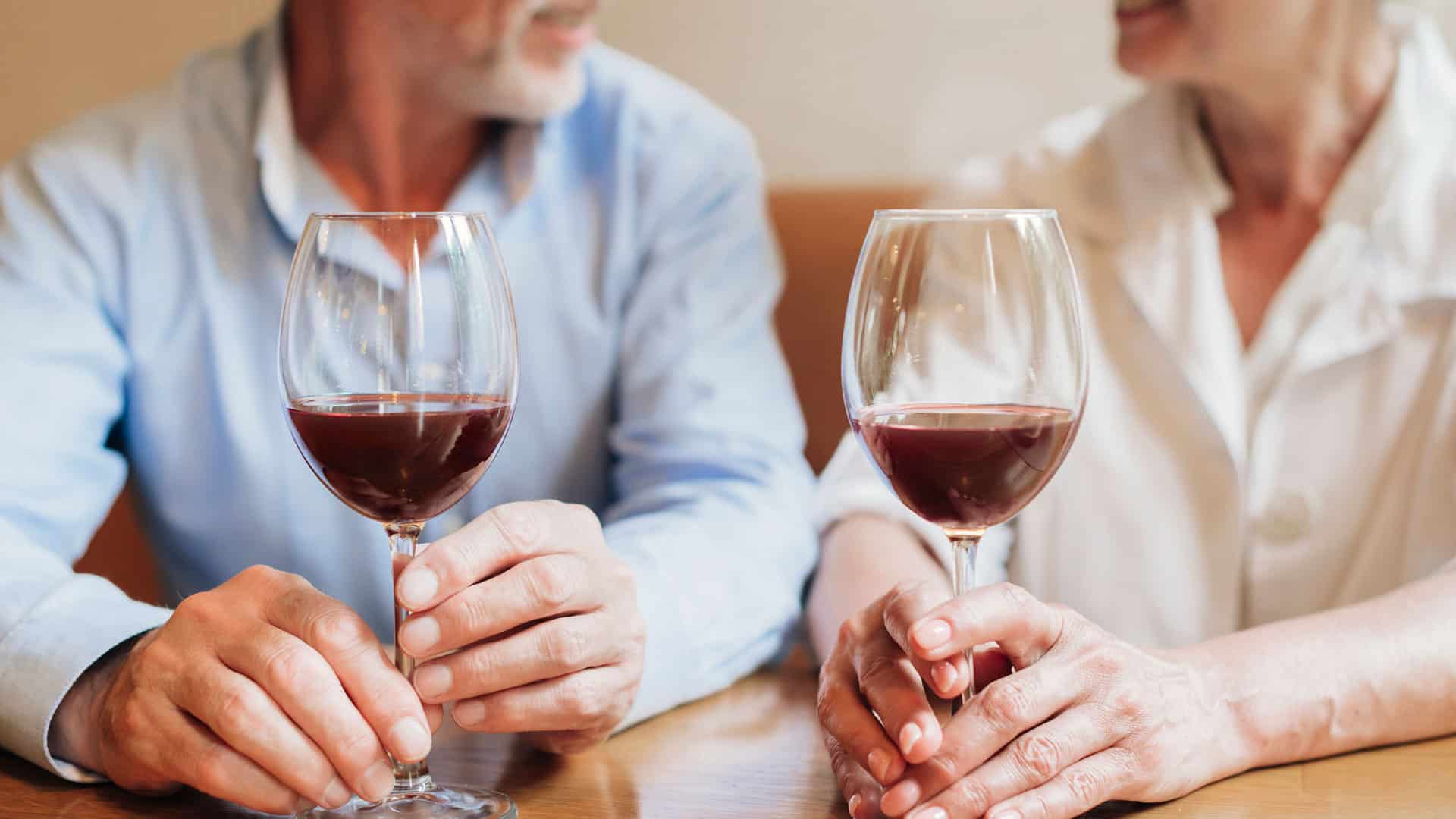
Where do the best red wines come from?
When you think of red wines, Bordeaux and Burgundy quickly come to mind. The two French wine-growing regions with their characteristic châteaux have achieved worldwide fame since the second half of the 20th century thanks to their quality and, not least, clever marketing. But what applies to other sectors also applies, and even more so, to viticulture – the competition never sleeps.
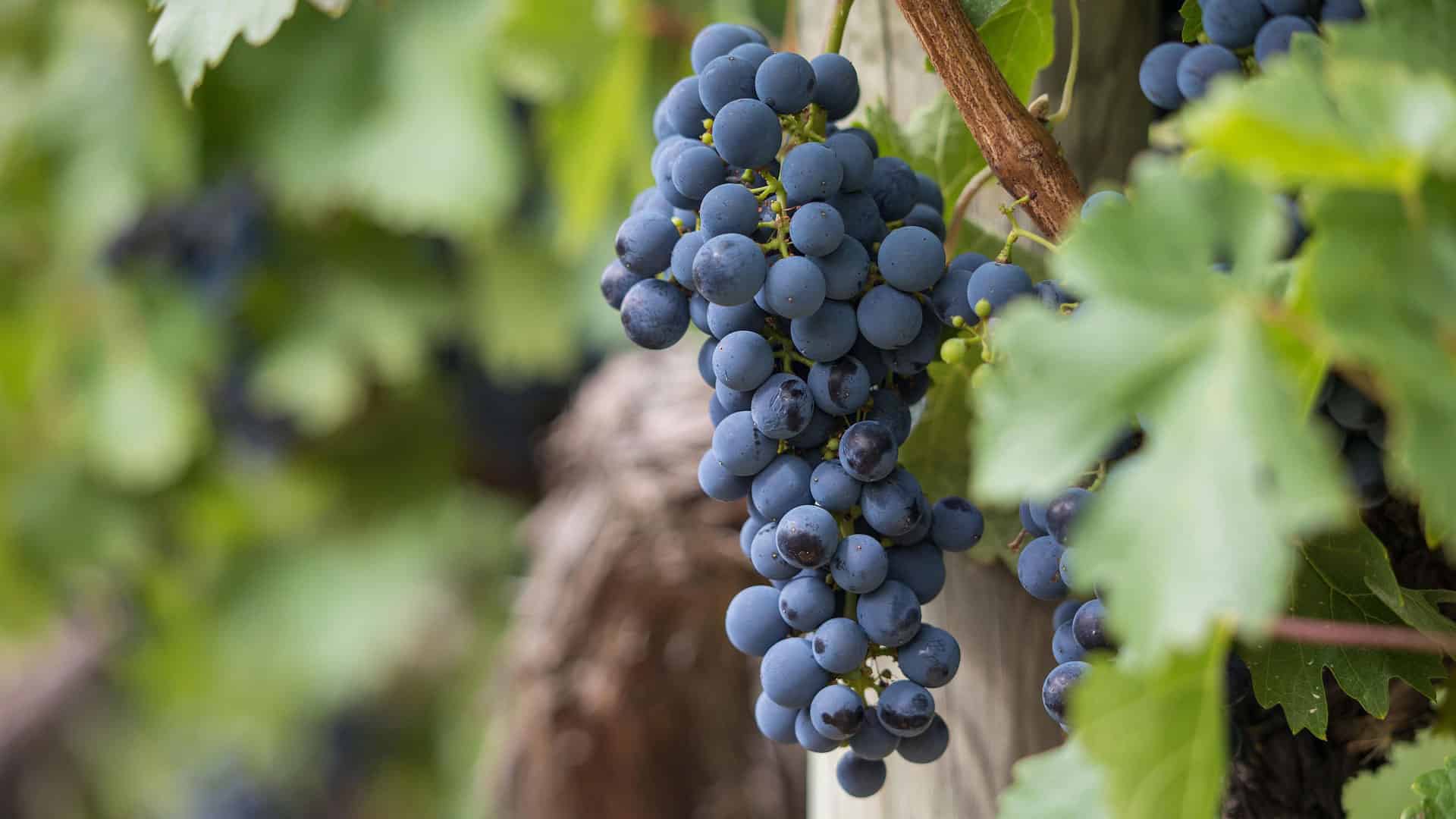
Top red wines from overseas, Italy or Spain are in no way inferior to the great French chateau growths. And this also applies to Switzerland, where outstanding red wines are conjured up in the bottle. Small (compared to the net area under cultivation) but big, the passionate winegrowers of the Swiss Confederation have been making a name for themselves internationally for two decades. The red wines of Diego Mathier from Valais, for example, have repeatedly swept the entire world competition off their feet at the biggest international wine awards.
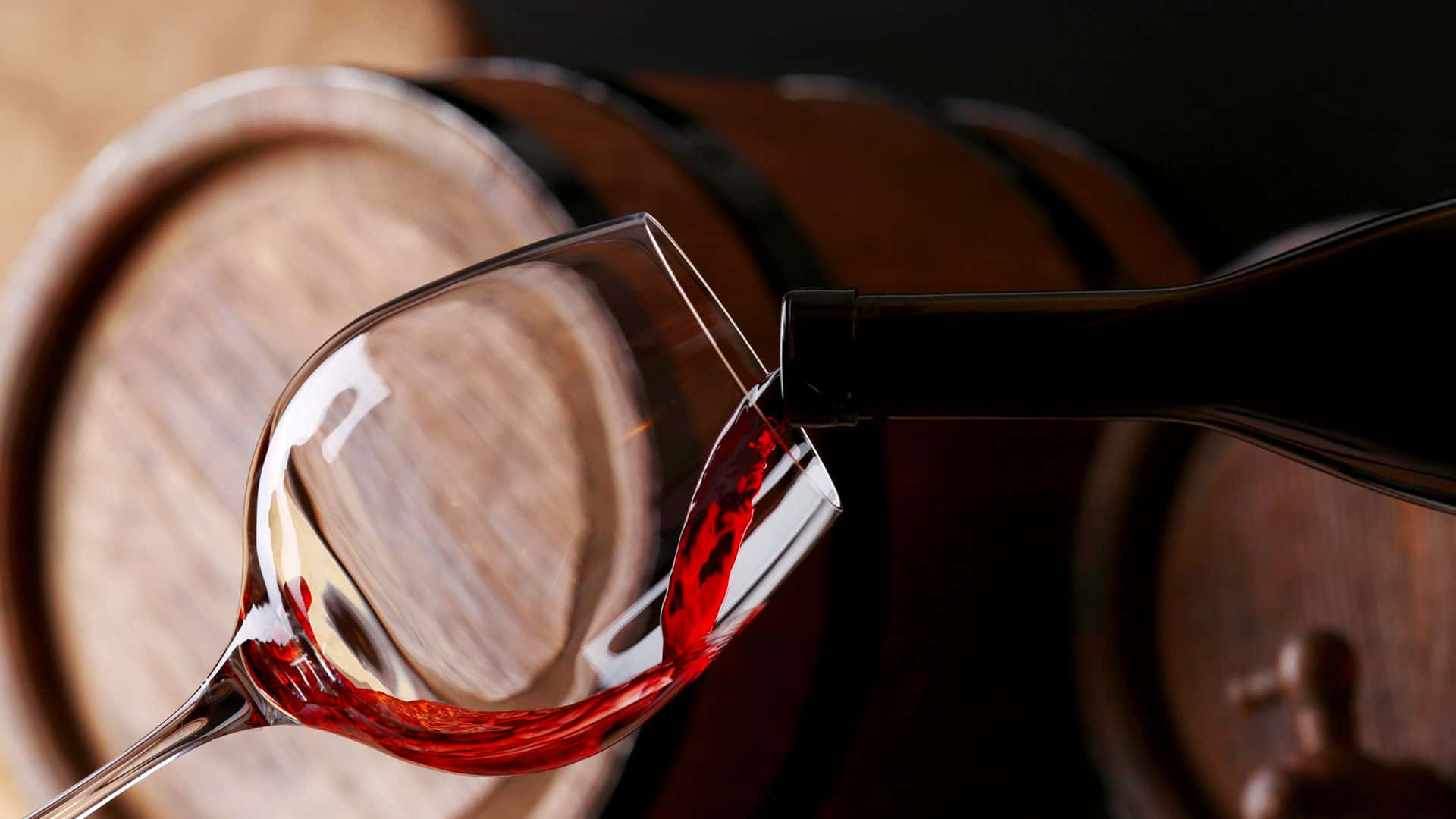
The successful winemaker’s multi-award-winning Ambassadeur de Diego Mathier AOC Valais from Burgundy, the Pinot Noir, also came out well ahead of the Burgundian château competition in blind tastings and was awarded the world champion title of Gran Maestro du Pinot as the best red wine.
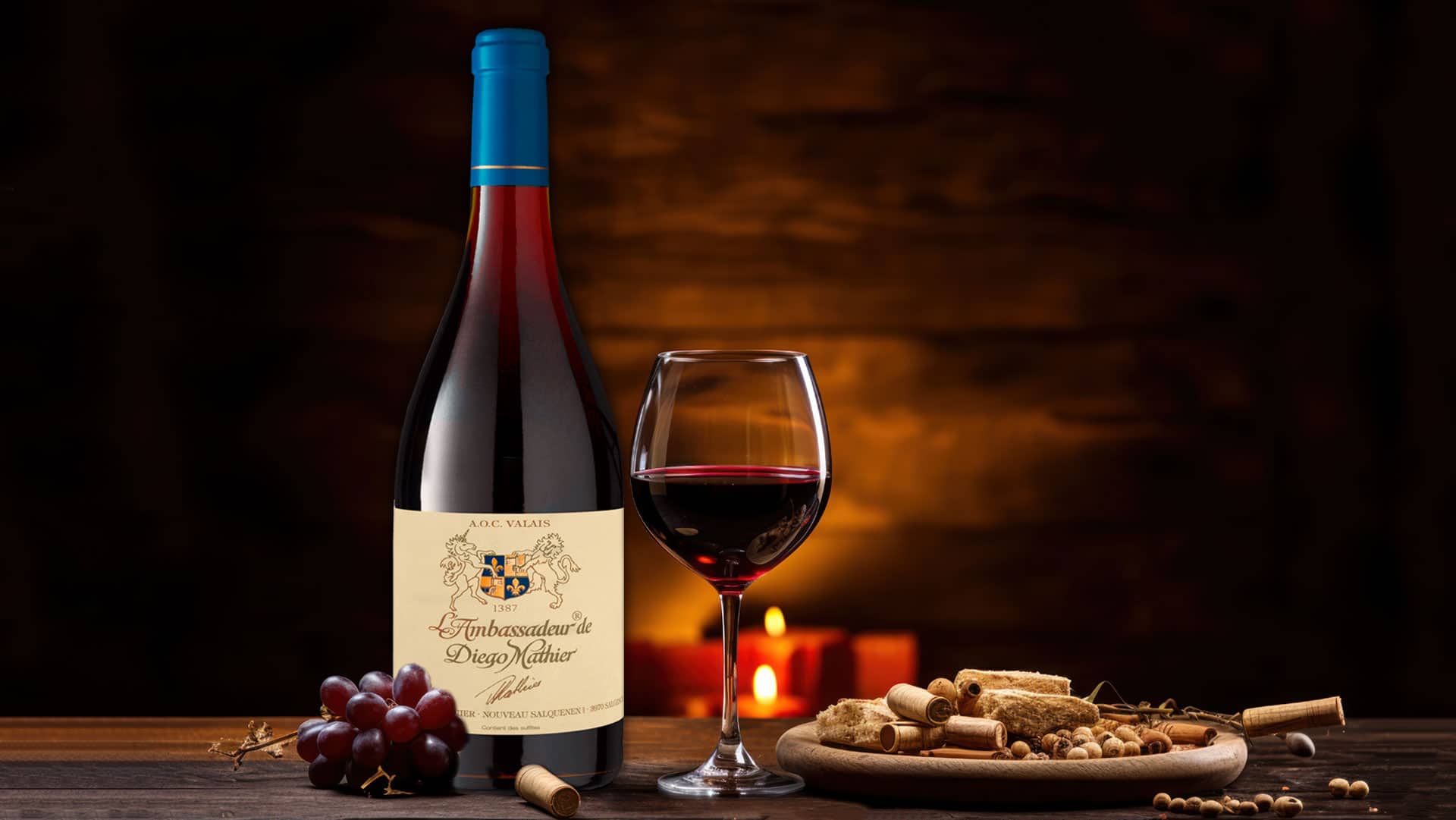
Selected important red wine grape varieties
Cabernet Sauvignon
It is considered the king of red wines. Not only because it is the most widely cultivated red wine grape variety in the world. The wine made from these grapes is also very popular, as the variety produces a wine that is strong, full-bodied and dry in taste. Due to its strong tannins and acidity, a longer maturation period is necessary.
Merlot
Merlot red wines are known for their aroma profile of plums, (black) cherries and dark berries such as blackberries. Merlot wines are often very velvety with a low tannin content. Soft on the palate and with a medium to full body, these wines have a relatively low acidity.
Pinot Noir
This classic from Valais is one of the best-known and most sought-after grapes in the world. It impresses with its fine texture and aromas of cherries, strawberries and ripe fruit. It comes in a variety of flavors and prices.
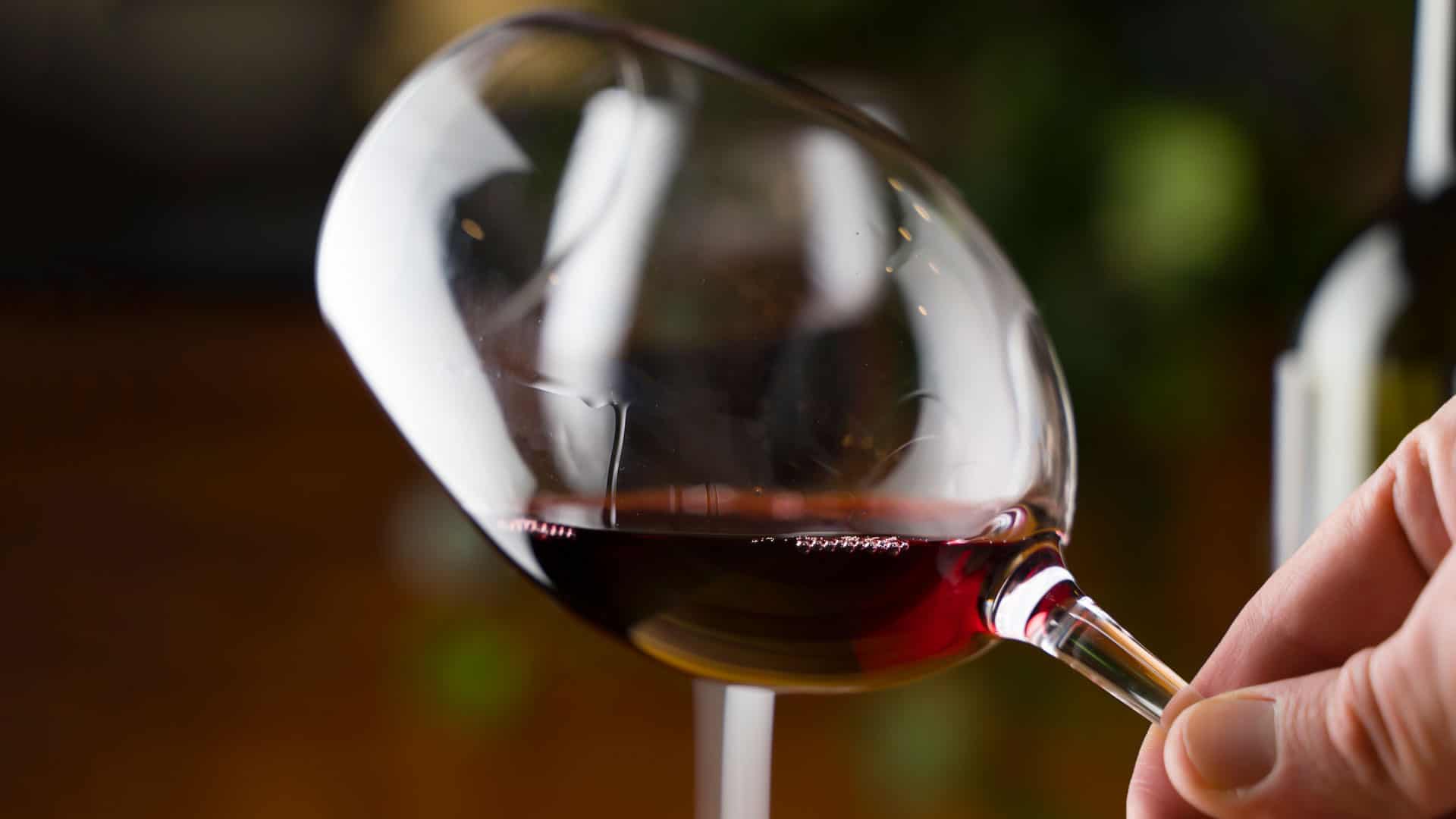
Switzerland and its red wines
Red wine is grown in all Swiss wine-growing regions (Valais, Vaud, Ticino, German-speaking Switzerland, Neuchâtel and the Three Lakes region as well as in the Lake Geneva area). No fewer than 21 red wine varieties are grown in Switzerland, including some rarities: Ancelotta, Barbera, Bondola, Cabernet Franc, Cabernet Jura, Cabernet Sauvignon, Carminoir, Cornalin, Diolinoir, Divico, Dunkelfelder, Galotta, Gamret, Gamay, Garanoir, Gewürztraminer, Humagne rouge, Merlot, Nebbiolo, Pinot Noir and Syrah.
Pinot noir dominates the Swiss growing regions as a red wine
The canton of Valais is the largest Swiss wine region with over 5,000 hectares of vineyards. The region produces many Grand Cru quality wines, especially Pinot Noir. The Pinot Mondial competition in Sierre is dedicated exclusively to this variety. With his Ambassadeur de Diego Mathier rouge AOC Valais, Diego Mathier has not only won over 20 gold medals at this competition, but also the world championship title of Gran Maestro du Pinot.
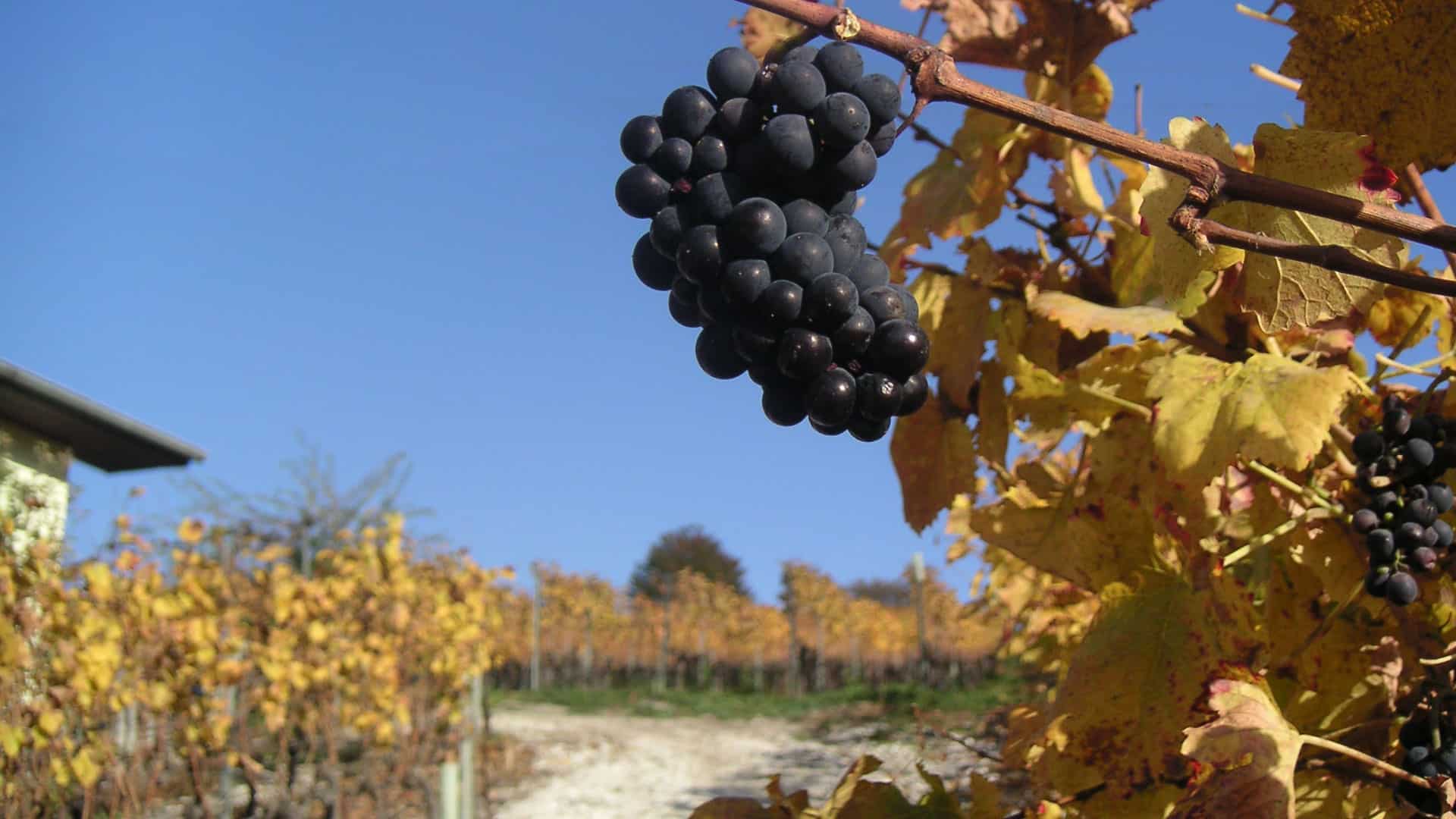
Our top recommendations for red wine lovers
- Ambassadeur de Diego Mathier red AOC Valais, 75 cl
- Cuvée Madame Rosmarie Mathier rouge AOC Valais, 75 cl
- Winery Moritz Nix Zweigelt organic, 75 cl
- Merlot Nadia Mathier AOC Valais, 75 cl
- Syrah Diego Mathier AOC Valais, 75 cl
- Cornalin Adrian Mathier AOC Valais, 75 cl
- Tenute San Sisto Rutilus Marche Rosso IGT, 75 cl
- Pinot Noir de Salquenen Réserve de la famille AOC Valais, 75 cl
- Humagne rouge Les Pyramides AOC Valais, 75 cl
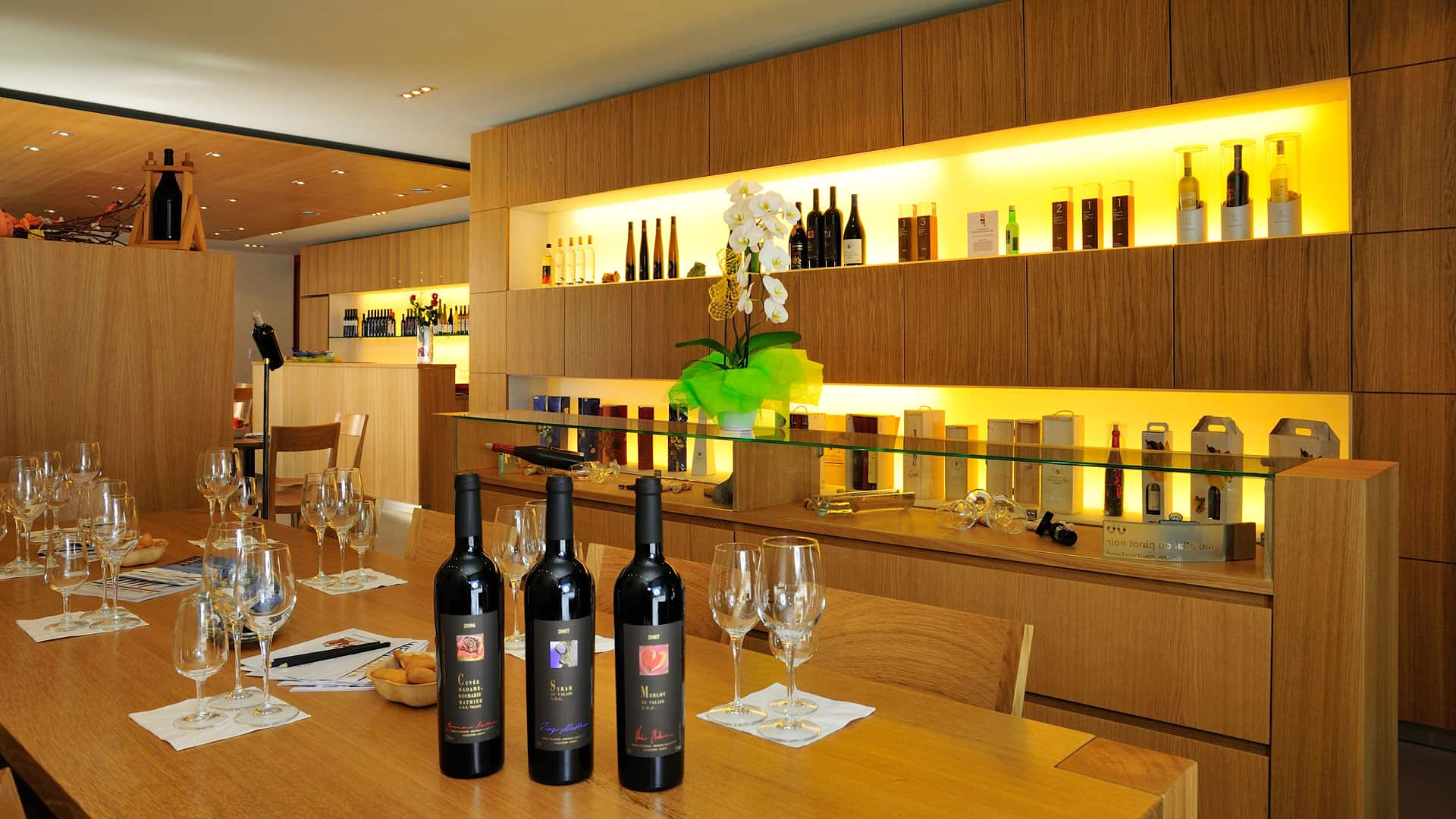
How is red wine produced?
The most widespread method for producing red wines is the so-called mash fermentation. Mash refers to the mixture of must, berry skins and seeds. When the liquid comes into contact with the pressed, crushed berries and grape skins, a maximum amount of the red colorant is released into the grape juice thanks to the alcohol that is released.
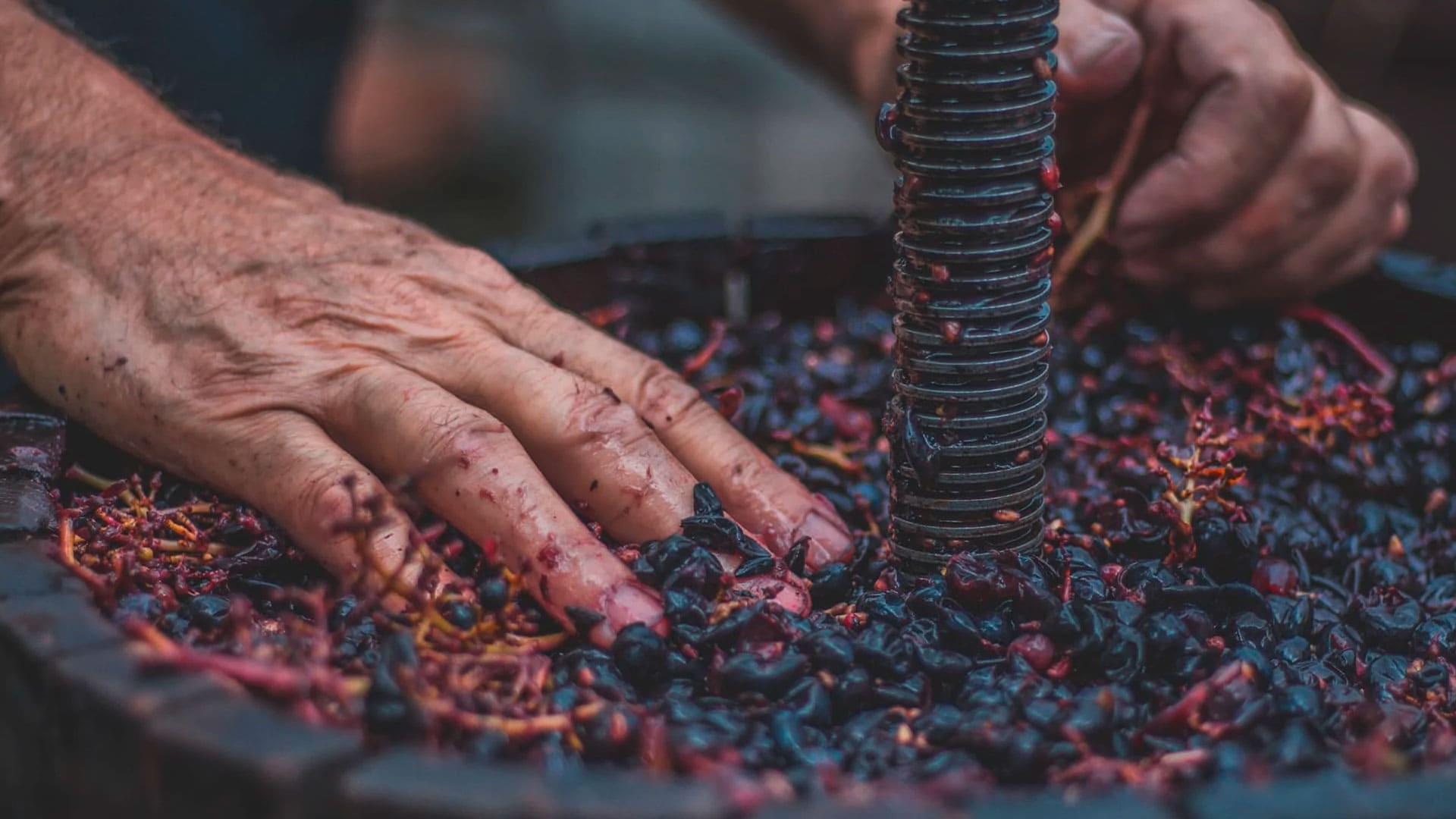
The red wine is produced by fermenting the mash for two to three weeks at a temperature of 22 to 29 degrees and allowing the yeasts to convert the sugar into alcohol. As soon as fermentation is complete, the red wine is matured in the cellar. Maturation means that the red wine undergoes a maturing process of varying lengths. This depends on the grape variety, the quality and also whether the wine is matured in barriques or stainless steel tanks, and can take up to several years.
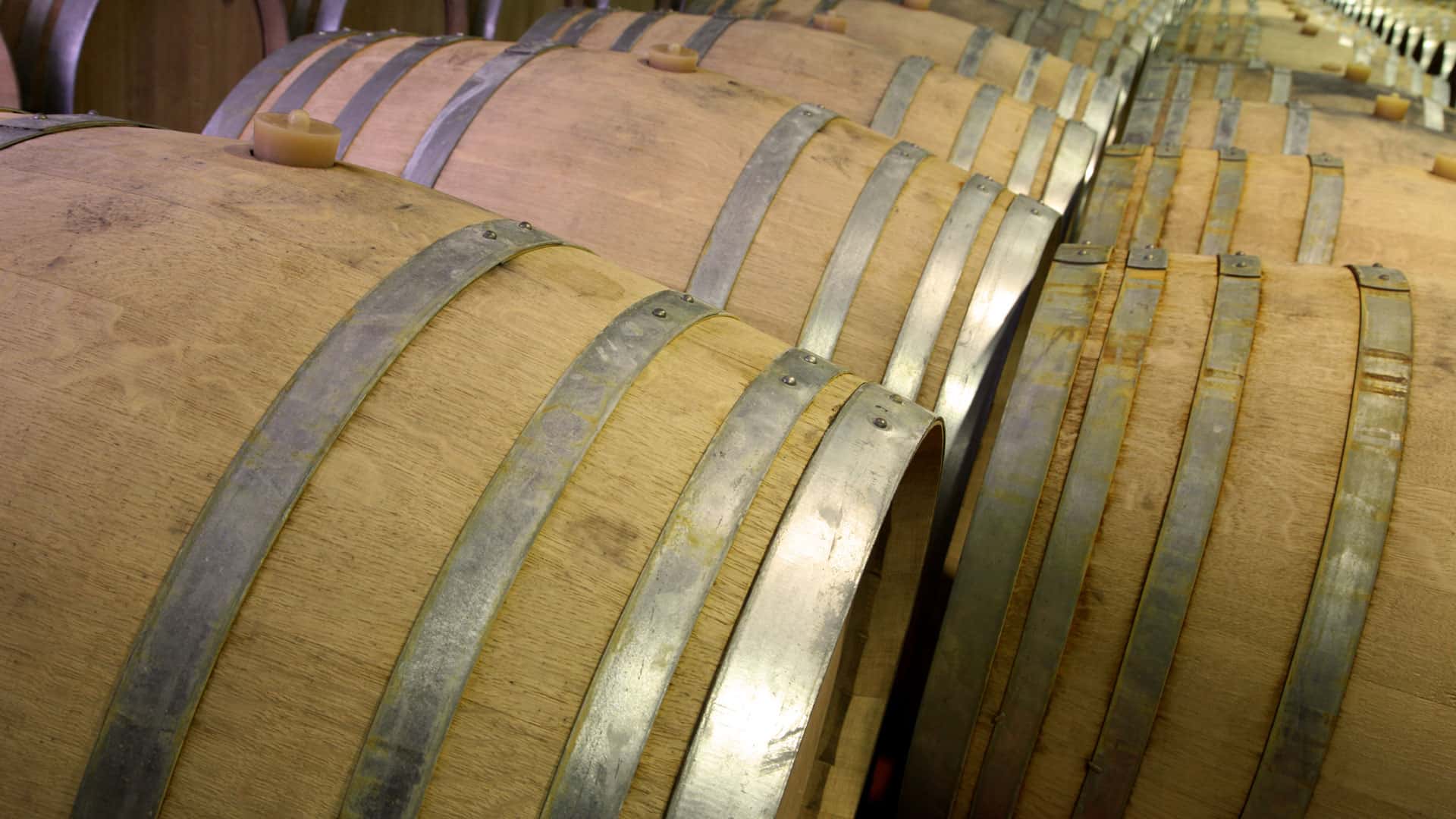
What are dry red wines?
Dry red wines are red wines in which most or even all of the sugar content has been fermented from the grapes. These red wines generally have a lower alcohol content than sweeter or semi-sweet red wines and are therefore more palatable. The maximum residual sugar content of dry red wines is 4 g per liter.
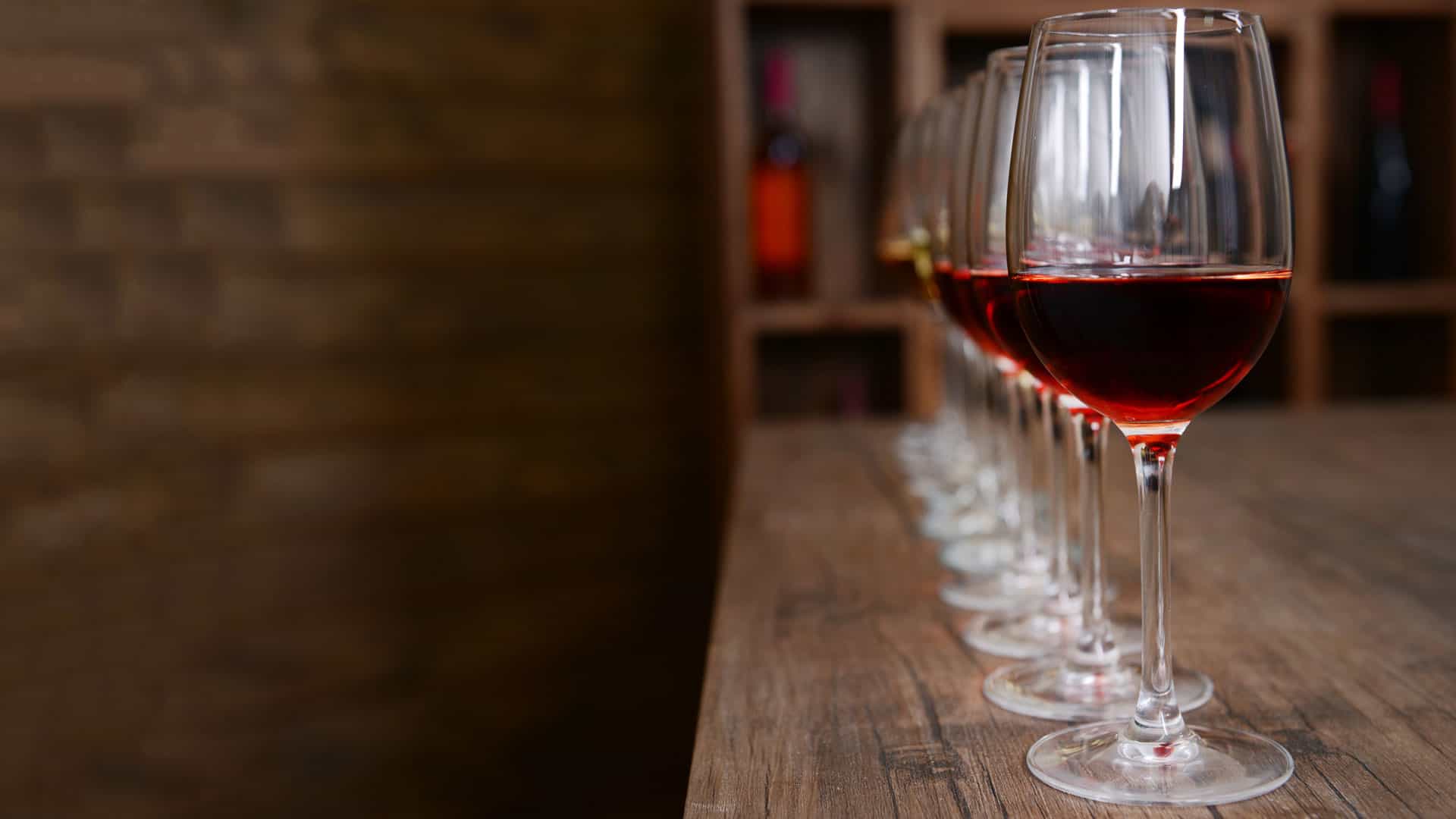
Red wines with a maximum residual sugar content of 9 grams per liter are considered an exception. If these wines only have a maximum acidity of 2 grams per liter, they may still be described as “dry”.
What are the different types of red wine?
Of the estimated 10,000 grape varieties worldwide, 2,500 are also used for viticulture. However, around 100 varieties dominate viticulture. In terms of area, the Carignan, Grenache Noir, Merlot, Cabernet Sauvignon and Syrah varieties lead the list of red wine varieties. Each of these varieties brings its own unique flavor to the final red wine.
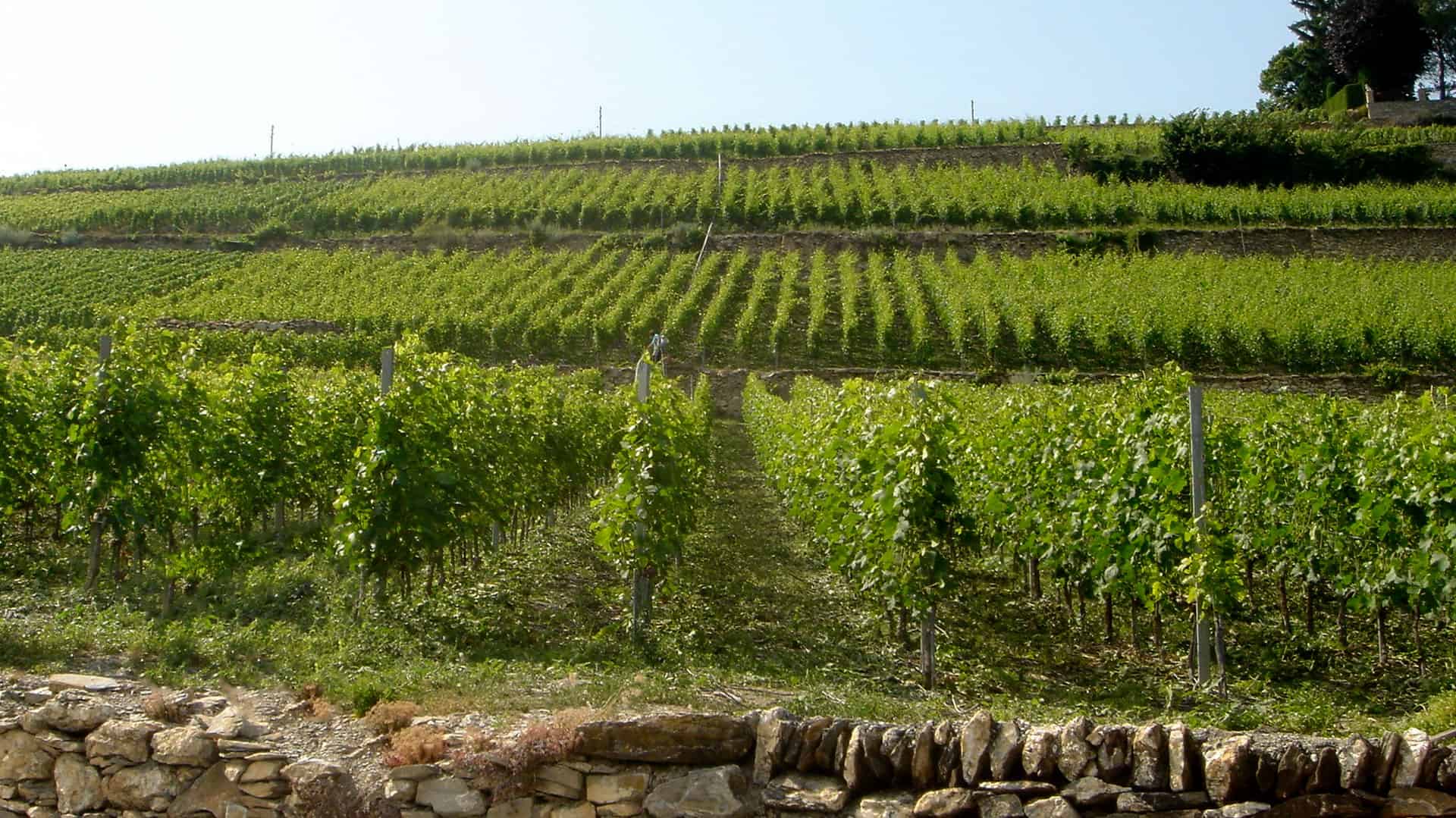
In Switzerland, the three leading red wine varieties are Pinot Noir (28%), Gamay (9%) and Merlot (8%). The same order of the most frequently cultivated red wine varieties applies to Valais, Switzerland’s largest wine-growing canton, where very good wines are also made from Cabernet Sauvginon, Humagne rouge, Gamaret, Cornalin and Cabernet Sauvignon.
What do red wines taste like?
The range of flavors of this type of wine is significantly broader than that of white wine. On the one hand, this is because the grape varieties of red wines in the different wine-growing regions taste even more differentiated than white wine grapes. On the other hand, it is also due to the fact that different grape varieties are often married together in red wines, creating new worlds of taste.
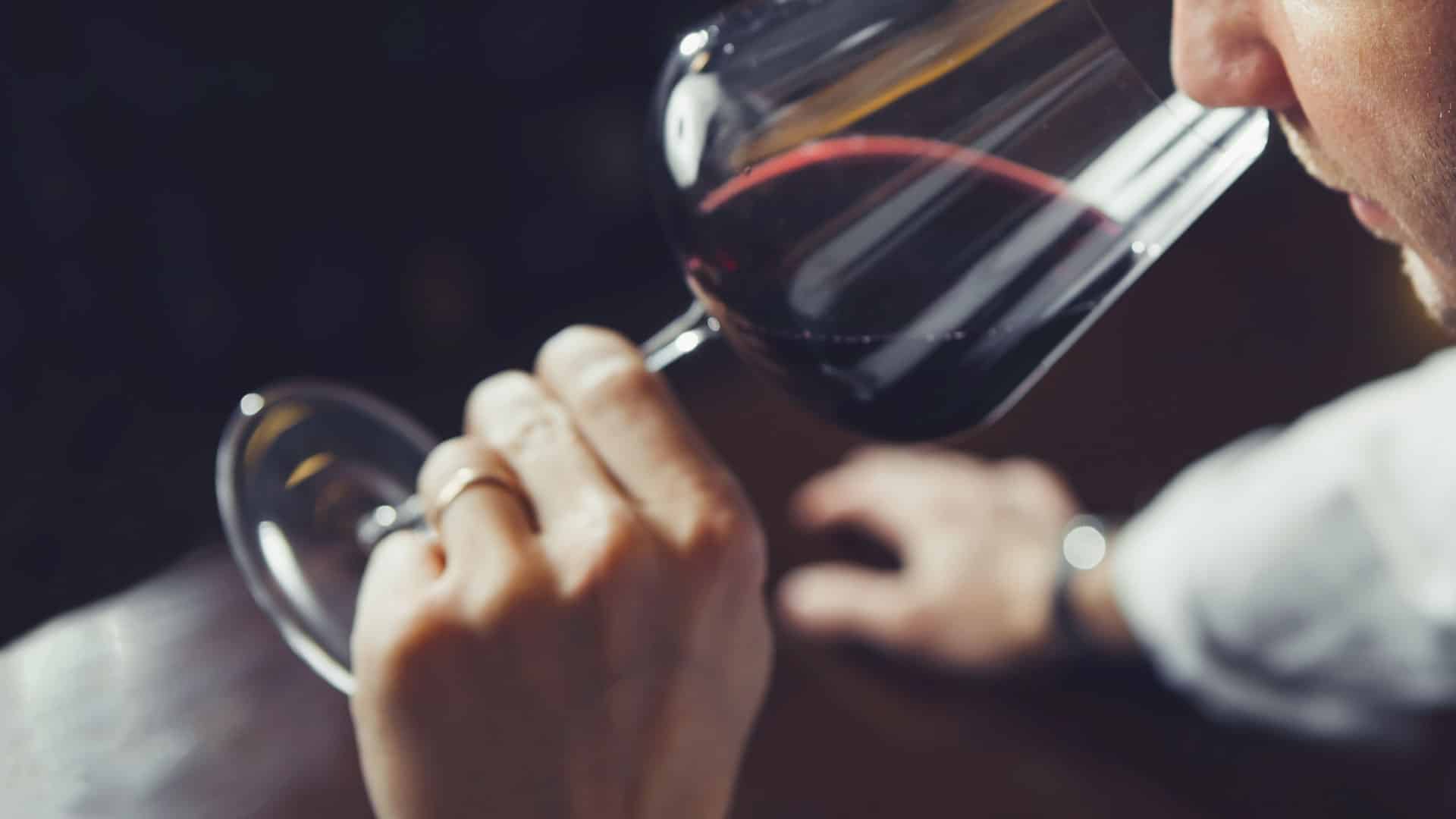
Last but not least, when producing wines from red grape varieties, the mash fermentation alone, but also the possible subsequent ageing in wooden barrels, can have a much greater influence on the taste. Typical flavors of red berry wines made from Cabernet Sauvignon grapes include aromas of cassis, cedar wood, black pepper, clove and eucalyptus.
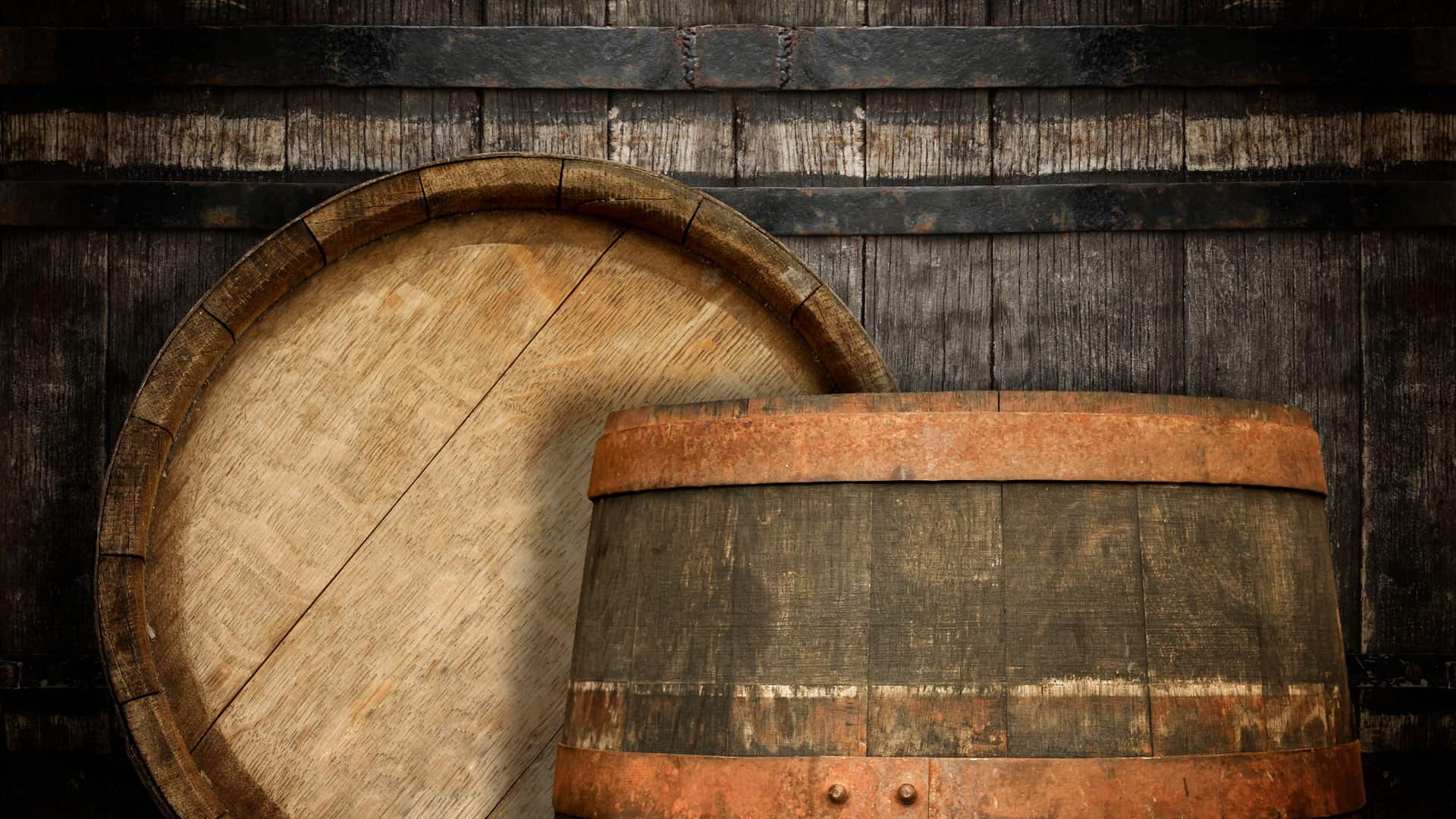
The Pinot Noir grape is said to have flavors of raspberry, cherry jam, plum and clove, and Syrah often has red wine flavors of blackcurrant, truffle, aged meat and violet. However, these are only the primary nuances of flavor.
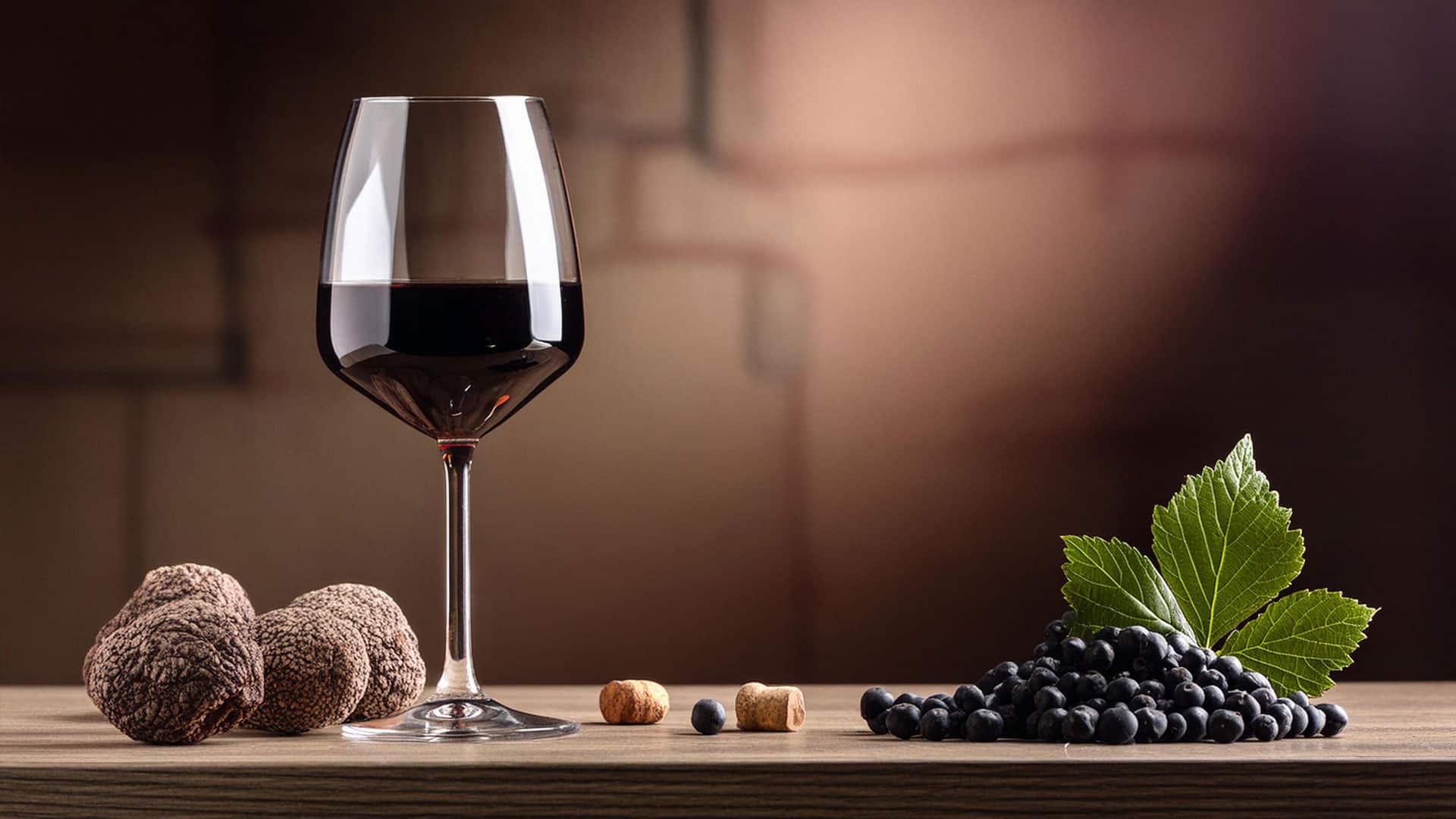
The taste is also influenced by the winemaking process and subsequent storage. This is also referred to as secondary and tertiary aromas. Here, the winemaker and cellar master have much greater scope to influence the taste of the final wine.
How do I recognize a good red wine?
A good red wine is judged according to the same criteria as a white wine: Color, aroma, structure and taste. And, of course, the vintage and origin of the red wine or its grapes also say something about the quality of the red wine. If the color of the red wine is clear and free of turbidity, and the wine has a range of aromas typical of red wines, this is the first indication of a good red wine.
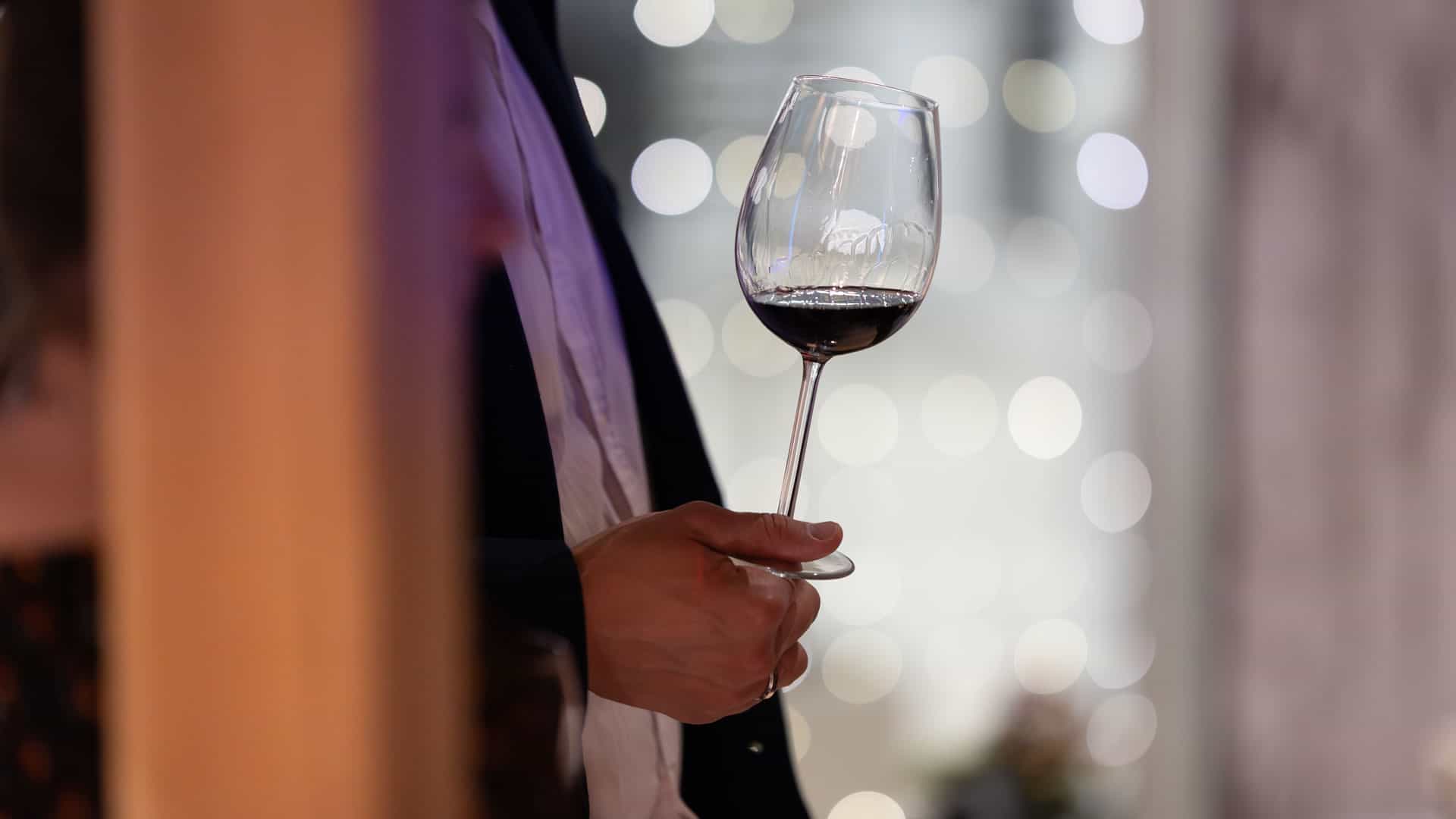
As with white wine, the structure of a red wine must score points with its texture, body and length of finish. Compared to a white wine, however, a good red wine also depends on how well it combines the ingredients fruit, acidity and alcohol in a balanced way.
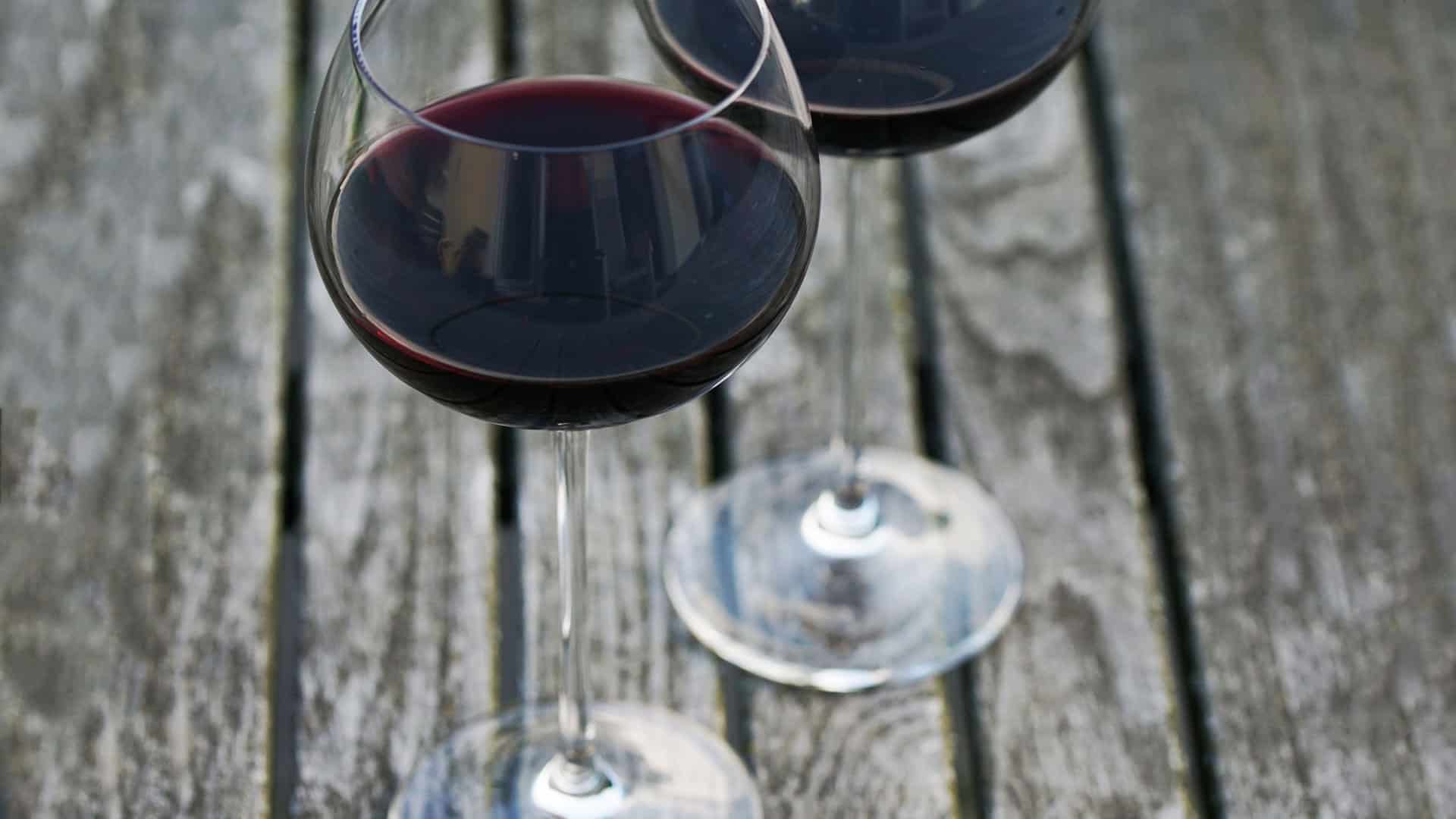
What is red wine called in the French and Italian parts of Switzerland?
Red wine is called vin rouge in French-speaking Switzerland and vino rosso in Ticino. The term vin de pays suisse is also used for Swiss wines that are not produced from vineyards in a specific growing region.
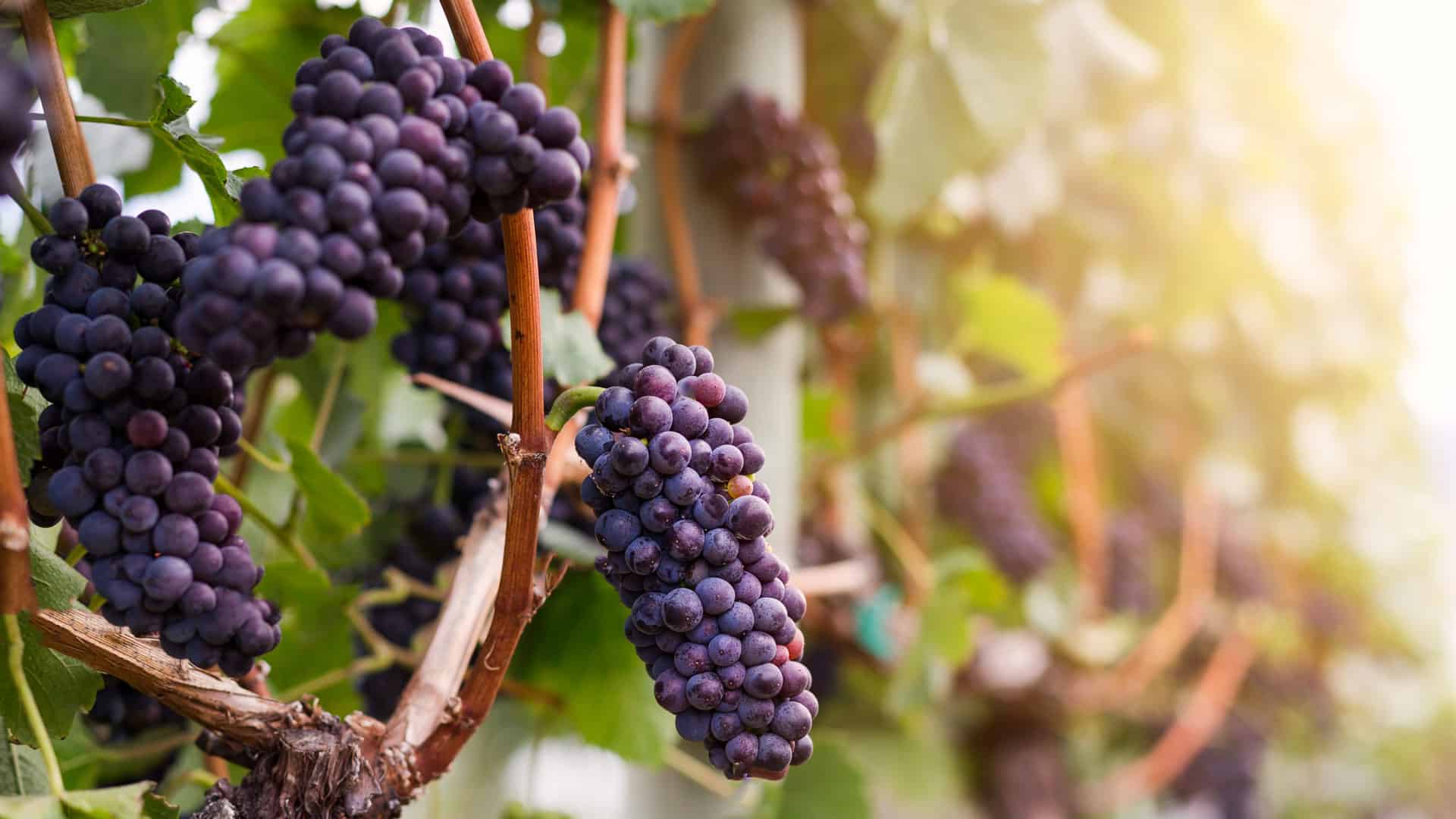
What do the AOC, DOC and DOCG designations of origin mean for wines?
AOC, DOC and DOCG are important designations of origin for wine. AOC (Appellation d’Origine Contrôlée) originates from France and guarantees the origin and quality of a wine. DOC (Denominazione di Origine Controllata) is Italy’s equivalent, which sets strict production standards. The highest designation is DOCG (Denominazione di Origine Controllata e Garantita), which guarantees the highest quality in addition to origin. These designations serve as a seal of quality and a guide for wine connoisseurs to recognize and enjoy outstanding wines from certain wine regions.

How do I store red wine correctly?
Improper storage can cause the wine to oxidize and lose its taste. Red wine should always be stored in a cool, dark place. It is not important whether the bottles are standing or lying down, as 99% of all wines worldwide are bottled ready to drink. It is more important that the bottles are not unnecessarily exposed to light and heat, as these are the biggest enemies of wine in bottles.
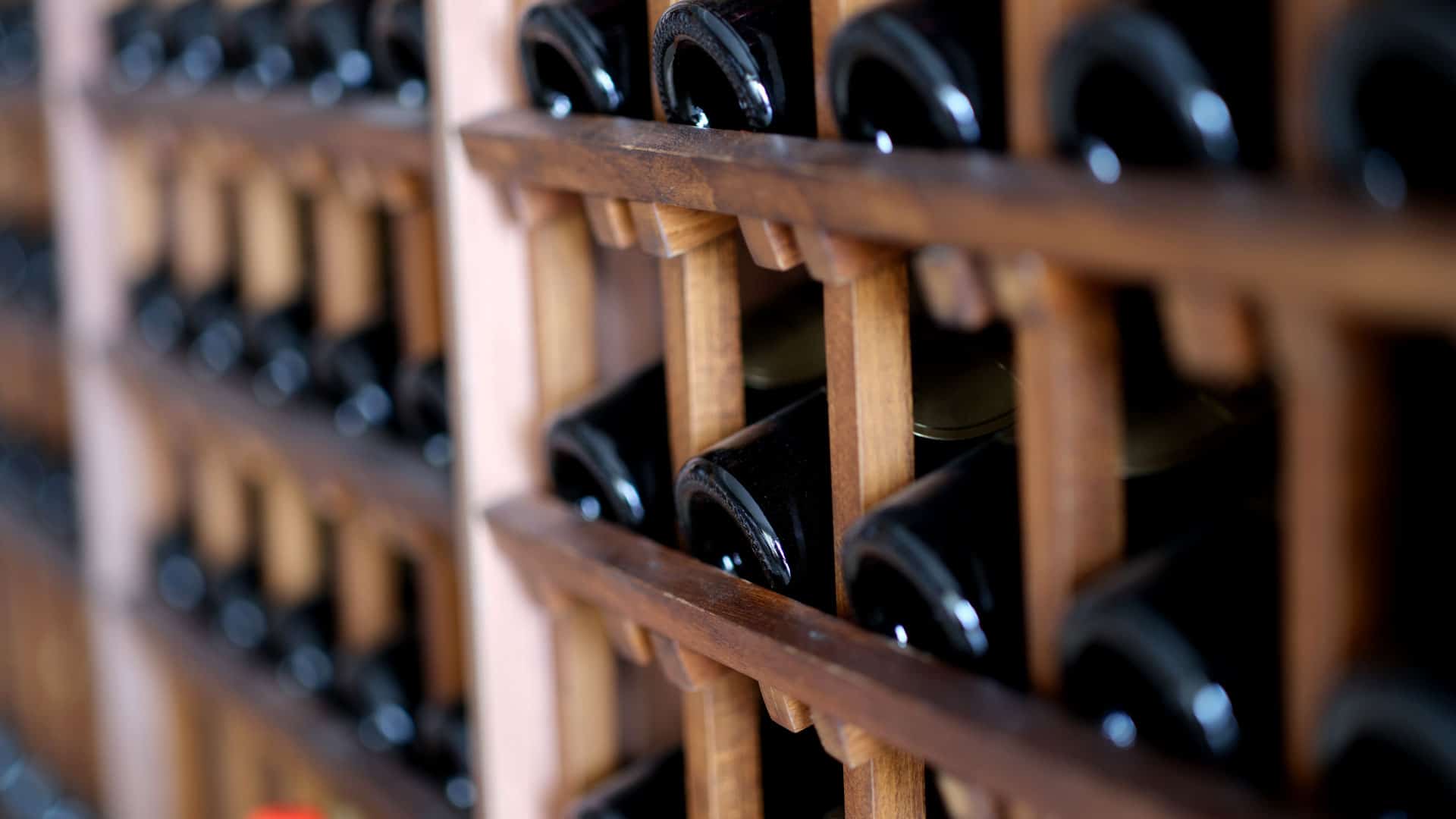
Close the open bottle airtight and also store the open bottle in a cool, dark place – preferably in the fridge – and enjoy the red wine within the next three to four days.
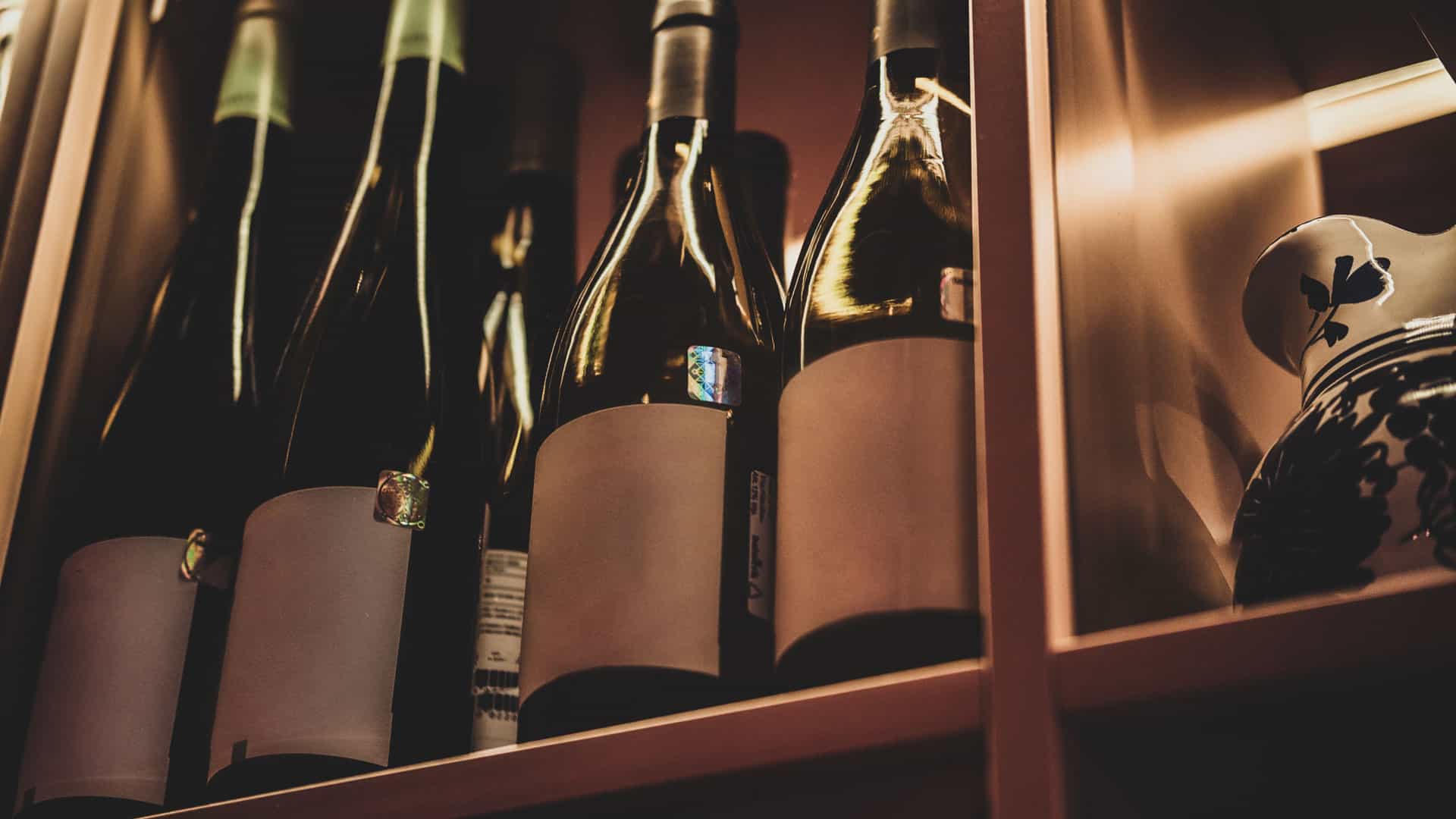
Red wine and food
Light, fruity wines without ageing in barriques go particularly well with light dishes. Full-bodied red wines, on the other hand, are strong in character and correspondingly powerful wines, usually matured in wooden barrels. They require correspondingly stronger dishes. With this general rule, you are never completely wrong when shopping.
Which wine for which meal
If you would like more detailed information on which white wines, rosé wines and, of course, red wines go well with which dishes, we recommend reading the various detailed articles on the Mathier wine blog:
- Article: “Which wine goes with which food” (-> link to https://www.mathier.com/de/winepairing)
- Article: “Which wine for an aperitif” (-> link to https://www.mathier.com/de/aperitif)
- Article: “Which wine to go with BBQ” (link to -> https://www.mathier.com/de/wein-bbq)
- Article: “Which wine to pair with cheese” (link to -> https://www.mathier.com/de/wein-kaese)
- Article: “Which wine to go with cheese fondue” (link to -> https://www.mathier.com/de/weinblog/kaesefondue)
- Article: “The right wine for game” (-> link to https://www.mathier.com/de/weinblog/wein-wild)
- Article: “Which wine to pair with lamb” (-> link to https://www.mathier.com/de/weinblog/wein-lamm)
- Article: “Which wine to pair with beef” (-> link to https://www.mathier.com/de/wein-rindfleisch)
In the Mathier blog, you can use the filter to find more articles on the subject of food pairing, i.e. which wine goes with which food.
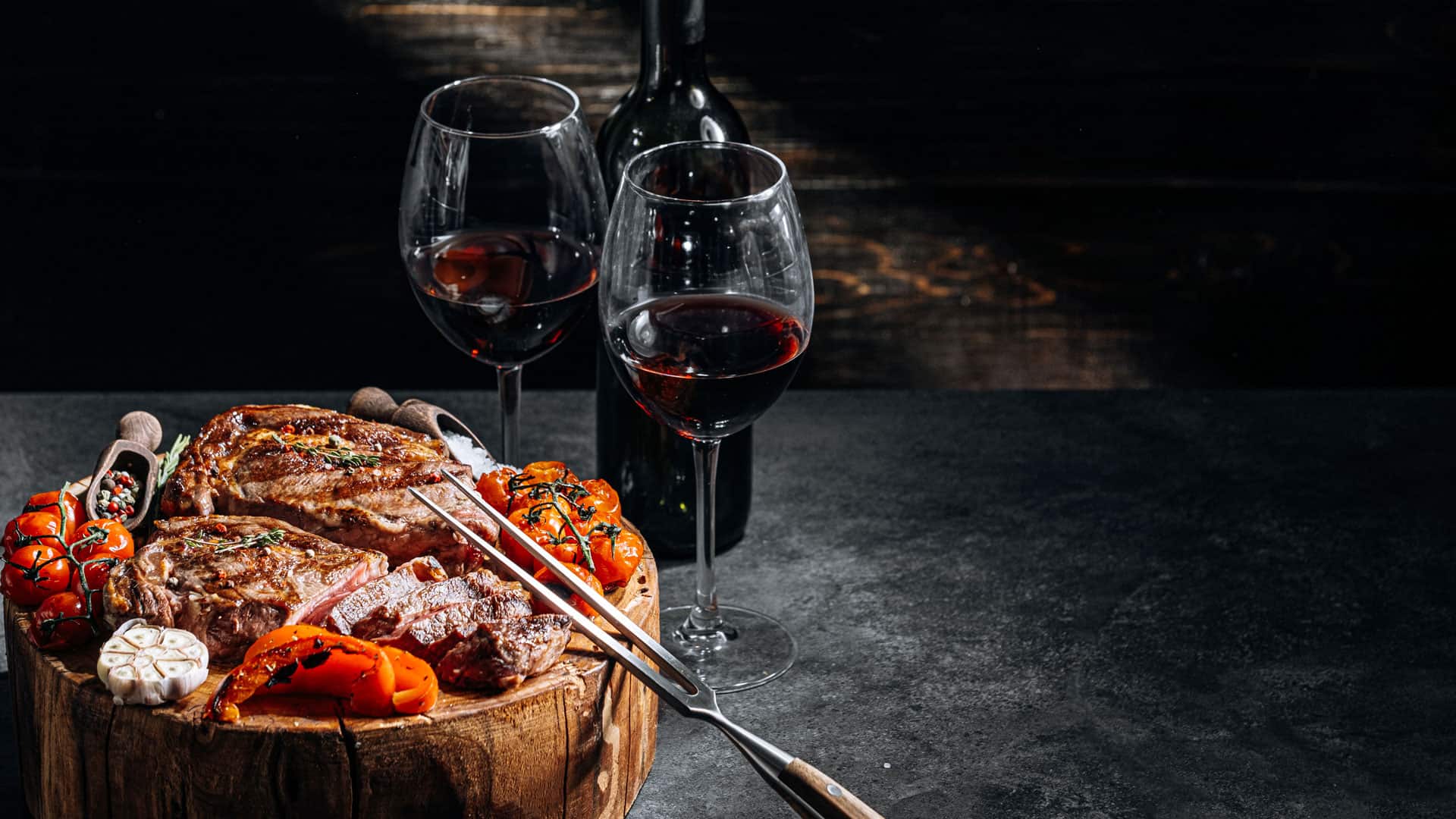
Interesting facts about red wine
Here is an overview of important facts about red wine
Is red wine healthy or not?
With its beneficial ingredients, red wine can help to reduce the risk of cardiovascular disease. However, excessive consumption is detrimental to health, so that medical institutions such as the American Heart Association recommend that men should not drink more than two glasses of red wine a day.
What are the best red wines?
The assessment of which red wines are the best is very individual and depends largely on taste. These wines are traded very highly around the world:
- Château Latour from Bordeaux (France)
- Vega Sicilia from Ribera del Duero (Spain)
- Château Haut-Brion from Bordeaux (France)
- Château Margaux from Bordeaux (France)
- Château Mouton-Rothschild from Bordeaux (France)
- Penfolds – Grange Bin 95 Shiraz (Australia)
Is red wine good for blood pressure?
Red wine is known to lower blood pressure and increase the level of good cholesterol in the body. Spanish scientists have studied and proven that red wine grapes, e.g. the Tempranillo variety, lower blood pressure and cholesterol levels more than other sources of fiber such as oats.
Is red wine good for the heart?
Unlike white wine, red wine contains resveratrol. Researchers have discovered in various studies that resveratrol activates a messenger substance in the body that protects blood vessels from calcification, making heart attacks less likely.

